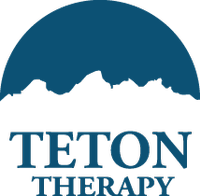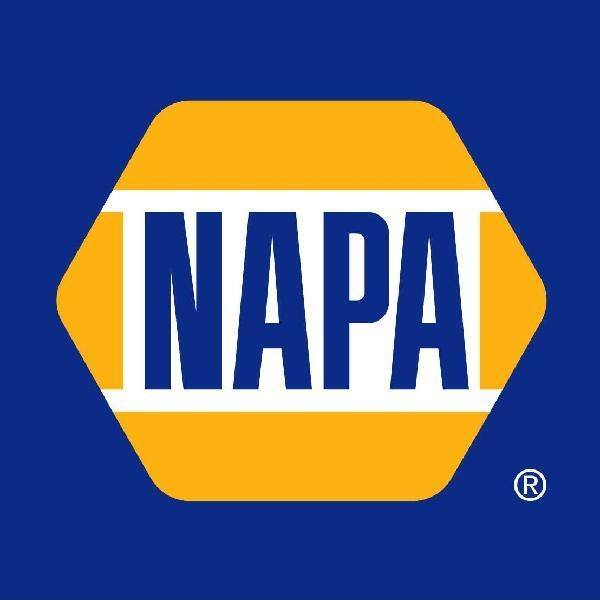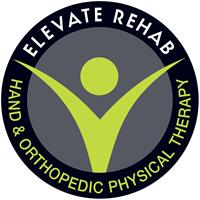SUMMARY

- Employee satisfaction surveys are key to aligning company values with goals, understanding team dynamics, evaluating supervisor performance, and identifying opportunities for training, development, and career advancement
- Ensuring anonymity in surveys is vital to encourage honest feedback without fear of retribution, with options to use third-party agencies or tools like SurveyMonkey for conducting surveys
- Crafting insightful and actionable questions is key to effective surveys, with examples provided to help start the process
- Transparent communication of survey results and a clear action plan for improvement demonstrate a company’s commitment to using employee feedback constructively
- Regular employee satisfaction surveys are essential for staying ahead of potential issues, making informed decisions, and fostering a workplace that attracts, retains, and inspires top talent, thereby maintaining a competitive advantage
673 words ~ 3 min. read
Engagement, retention, productivity – these aren’t just HR buzzwords; they’re the building blocks of any thriving business. For employers, grasping the mood and morale of your workforce is not merely a matter of proper management etiquette; it’s a strategic business imperative.
Why Employee Satisfaction Is Critical
Happy employees aren’t just a warm and fuzzy KPI. They lead to a happier workplace, lower turnover, and better service. According to a Gallup study, disengaged employees cost US companies $1.9 trillion dollars last year in productivity loss last year. The cost of replacing a single employee averages. Replacing an employee can cost between 6 to 9 months of their salary, amounting to $30,000 – $45,000 for someone earning $60,000 annually in recruitment and training expenses.
In order to measure employee satisfaction, it’s first important to define it. A simple definition of employee satisfaction is the happiness level of workers with their job, working environment, state of the company, career direction, and leadership support.
Navigating the Survey Process
What to Measure – When you design an employee satisfaction survey, it’s important to cover the key areas known to affect workplace satisfaction. Here are some key metrics you should cover:
- Job Satisfaction
- Team Dynamics
- Supervisor Effectiveness
- Training and Development
- Career Progression Opportunities
Overall, it’s important that your survey’s focus aligns with your organization’s values and goals.
Ensuring Anonymity – Employees need to feel their feedback won’t lead to retribution. The goal isn’t to know who said what, but to gauge how effective your organization is in the focus areas measured on the survey. There are many third party agencies such as Bamboo HR and HR Morning that can conduct the surveys on your behalf and help you interpret the results. Survey Monkey also offers tools for employee satisfaction surveys. From comprehensive platforms that handle the full survey process to simple solutions that assist with question creation and data analysis, the options are vast.
Crafting Your Questions – The key is asking questions that are not only insightful but also actionable. Here’s a list of 10 example questions to jumpstart your thinking. Select ones that are right for your organization or use them all to collect more data.
- How satisfied are you with your current role and the recognition of your efforts?
- Do you feel your work is valued by your manager and the company?
- Are you satisfied with the salary and benefits offered by the company?
- How likely are you to recommend this company as a great place to work?
- Are your skills and career advancing positively at this company?
- Is your workload manageable, and do you have a good work-life balance?
- Are you satisfied with your schedule?
- Are you satisfied with the company’s commitment to diversity and inclusion?
- Do you feel our company has a strong company culture?
- How satisfied are you with the training, support, and management?
Unveiling the Survey Results – Once the survey is completed, the results must be transparently communicated throughout the organization, with a clear plan of action for addressing issues. Using the feedback constructively shows your commitment to your employees and the company’s overall improvement.
Why Action Solutions are Vital
The surveys are just the tip of the iceberg. The real change comes from taking actions based on the results and continuously measuring the impact. Engaging employees through these surveys not only indicates a positive future for your business but also ensures that you are constantly improving conditions, morale, and loyalty.
The Takeaway
By regularly conducting employee satisfaction surveys, your business can stay ahead of potential issues, make more informed decisions, and create a workplace that attracts, retains, and inspires top talent. Remember, a satisfied employee is an engaged employee, and engaged employees are a company’s true competitive advantage. It’s a win-win.
—
The Lander Chamber of Commerce is a private non-profit organization that aims to support the growth and development of local businesses and our regional economy. We strive to create content that not only educates but also fosters a sense of connection and collaboration among our readers. Join us as we explore topics such as economic development, networking opportunities, upcoming events, and success stories from our community. Our resources provide insights, advice, and news that are relevant to business owners, entrepreneurs, and community members alike. The Chamber has been granted license to publish this content provided by Chamber Today, a service of ChamberThink Strategies LLC.




















